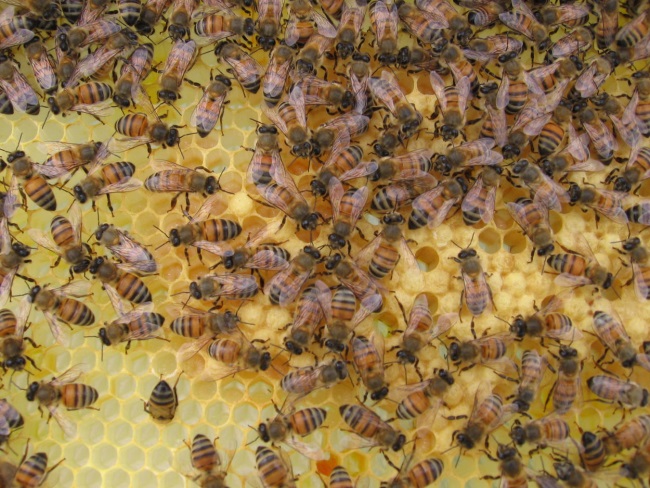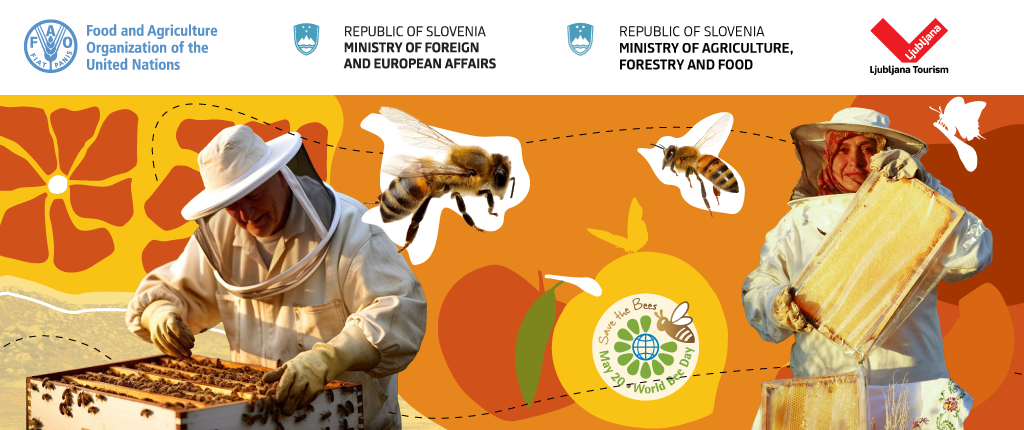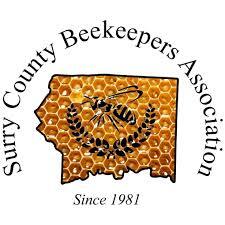Health officials are desperate for new antibiotics as dangerous bacterial strains strengthen their resistance against long-used drugs.
Every year in the United States, 2 million people are infected with drug-resistant bacteria. For 23,000 people, the infection and related complications prove fatal.
Researchers are constantly scanning nature for compounds and molecules that might inspire new antibiotics. Recent studies have identified potential compounds in sponges and Komodo dragons.
In a new study published this week in the journal Nature Structural & Molecular Biology, researchers highlight the promising Api137, a protein capable of blocking protein production in harmful bacteria.
The protein is produced naturally by bees, wasps and hornets, and helps keep the insects infection-free.
Most antibiotics disrupt protein production by targeting the ribosome inside bacterial cells. The ribosome is responsible for synthesizing the proteins that allow bacteria cells to function.
Api137 — an antibacterial peptide, or small protein — works by thwarting DNA translation, the genomic process that sees genetic instructions read and translated into fresh proteins.
The latest analysis of Api137 — carried out by researchers at the University of Illinois at Chicago — has helped scientists better understand exactly how the protein works. Now, scientists are working to replicate, or synthesize, the peptide in the lab.
“This project was a result of an excellent collaboration of our team,” researcher Vázquez-Laslop said in a news release. “We can now harness the knowledge of how Api137 works in order to make new drugs that would kill bad bacteria using a similar mechanism of action.”









